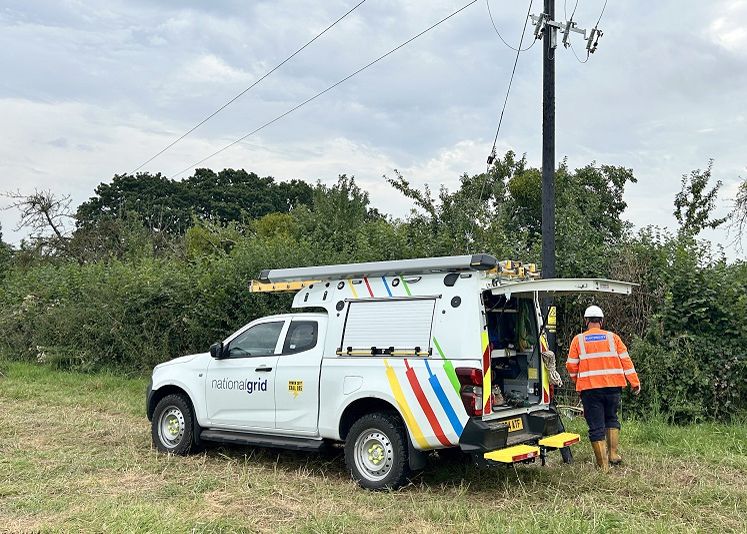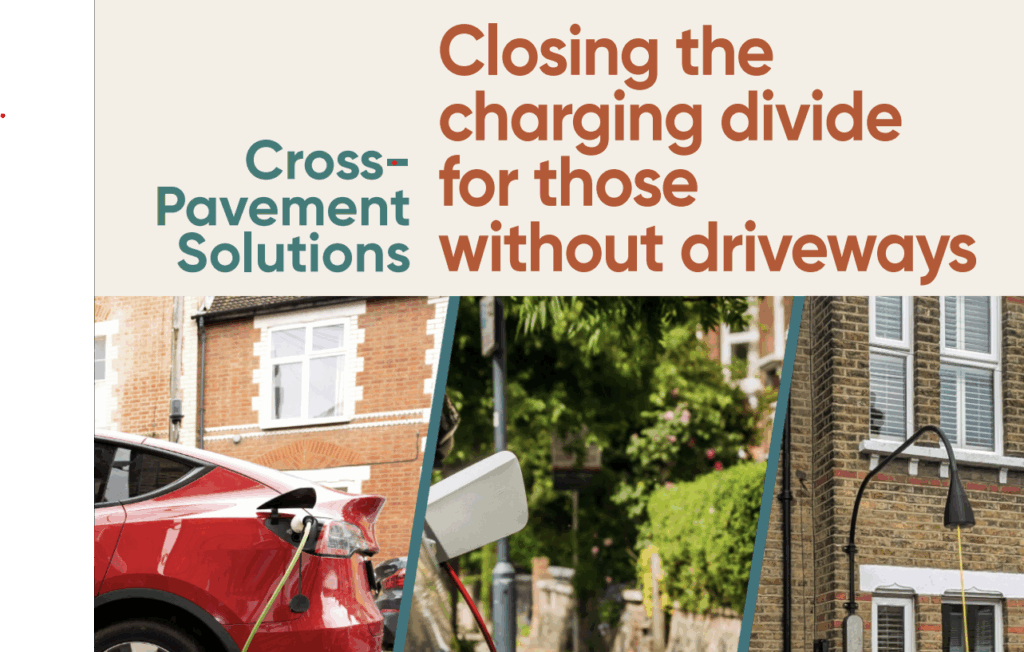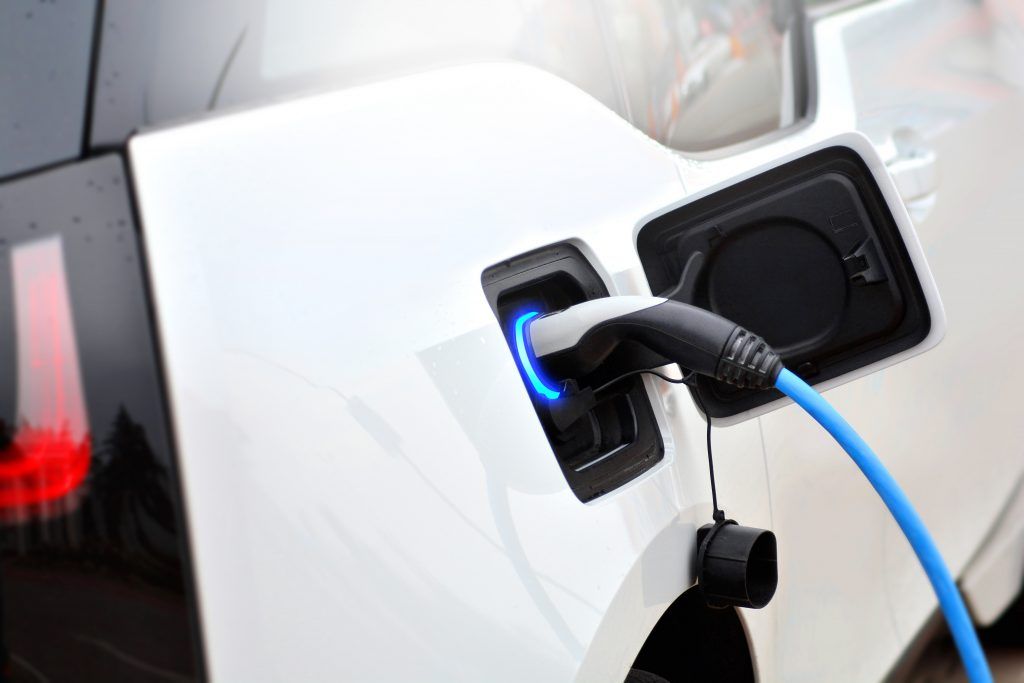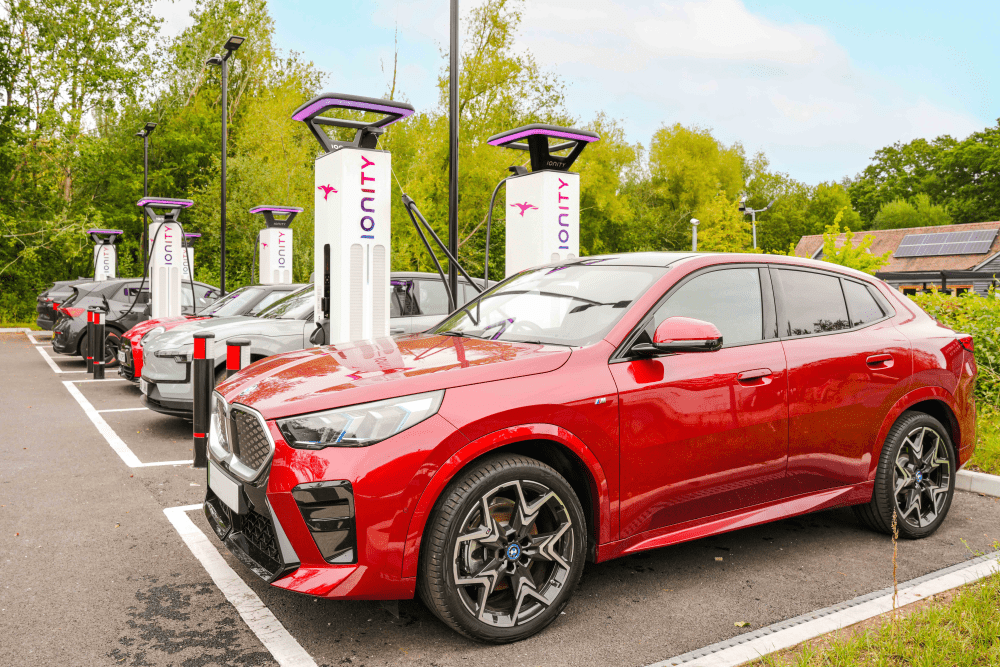An in-vehicle power system is being adopted by National Grid Electricity Distribution (NGED) to reduce emissions from its operational fleet.
The company is installing Clayton Power’s Lithium Power Supply (LPS) in all its new EVs as it transitions away from traditional inverter systems and the use of diesel transport.
This means tools, lighting, heating, and essential equipment can be powered by the LPS instead of through engine idling.
The LPS is charged when the vehicle is being driven or by being connected to an electricity supply, and NGED estimates trials of the technology have so far saved £110,000.
The £1.5 million investment will see LPS now fitted as standard into all NGED’s Nissan Townstar, Skoda Enyaq and our Isuzu Dmax vehicles.
Jane Nicholson, NGED’s fleet technical specialist, said:
“The Clayton Power LPS system will help our engineering teams working in remote locations by giving them a reliable power source whenever they need it.
“As well as running auxiliary lighting systems, the LPS can power an electric heater which is vitally important for keeping jointing compounds and other materials at the required temperature.
“Overall, having the LPS supports our increasing shift to using EVs and reducing our emissions and environmental impact, while also improving working conditions for our employees and customer service.”
Karl Jones, Clayton Power’s Head of UK Sales, said:
“We’ve worked closely with NGED to deliver an innovative mobile power solution that meets the needs of their engineers, while being more energy efficient and greener.
“The LPS is proven technology that will boost their ability to work without compromising operational effectiveness and we’re delighted to see NGED adopt it to help achieve their regulatory goals.”
Somerset-based NGED technician Scott Hartland has been using the LPS to charge battery-powered work tools, such as drills and grinders, as well as equipment to test cable networks and find faults.
Hartland said:
“I can also charge sensitive equipment, like laptops and phones, without having to run the van. Another benefit is I can provide small power supplies to customers in need, such as for battery-powered stair lifts, chairs, oxygen monitors and things they might need in an emergency.”
Image courtesy of NGED











